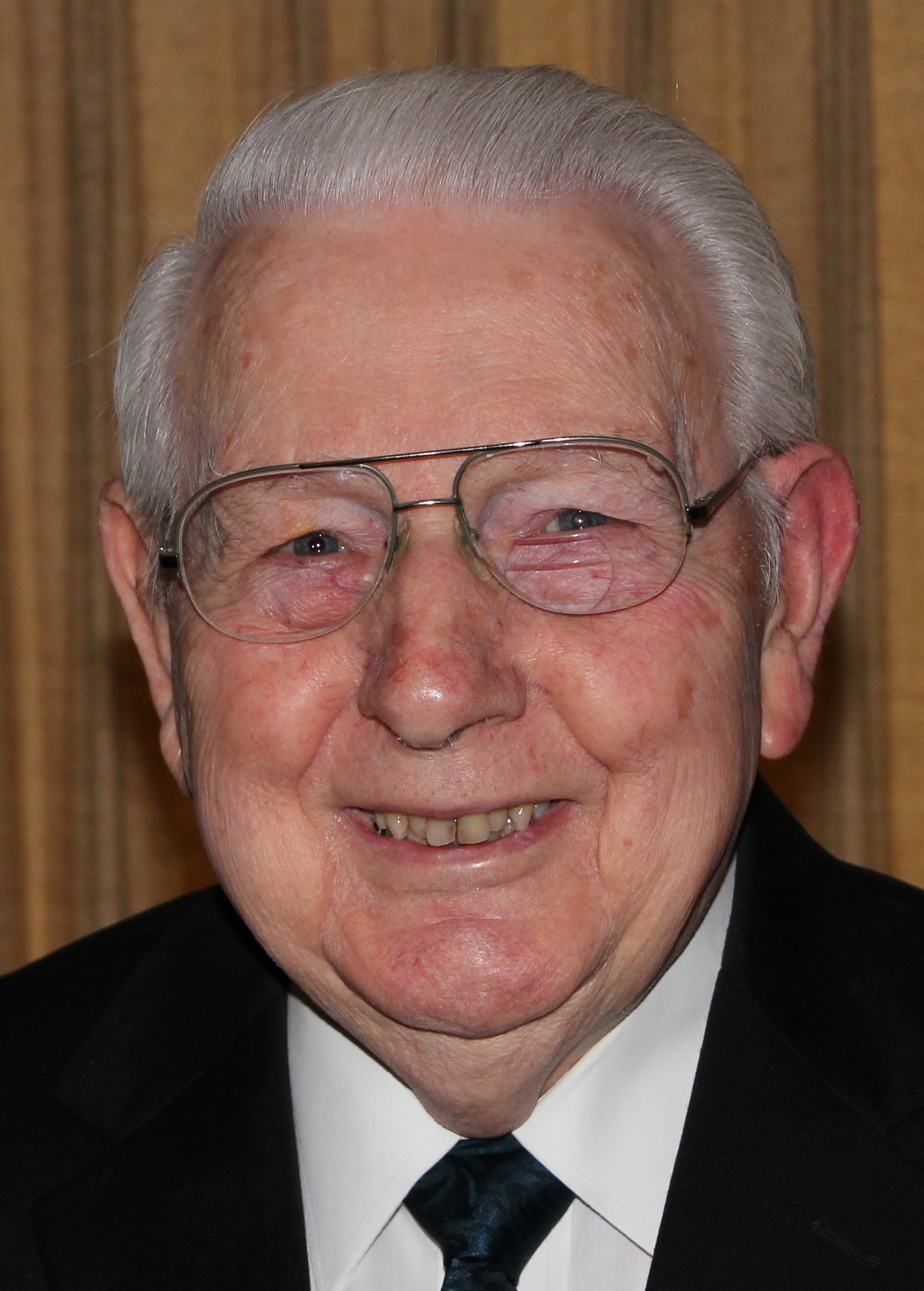 July 1, 2015 (Wednesday)
July 1, 2015 (Wednesday)
Tonight at Bethel Baptist Church, Ingleside, we will study the 17th chapter of the Book of Acts, in which Paul and his companions continue the 2nd Missionary Journey through Macedonia and Achaia.
Upon leaving Philippi, Paul and Silas, accompanied by Timothy, traveled 100 miles to Thessalonica, passing through two cities that had no synagogue. Luke stayed behind in Philippi. Paul entered the synagogue in Thessalonica and was favorably received. After a few weeks, however, opposition from Jews in the city became strong. They accused Paul of wanting to promote Jesus as a king to displace the emperor, a serious charge indeed. They enlisted the help of rabble who attacked believers, notably a man named Jason, a Christian leader. Concerned for the safety of the believers, Paul and his friends left under cover of night and went to Berea, about 40 miles east.
In Berea the missionaries found willing hearers, and a warm reception. The people searched the Scriptures to verify that the Gospel message was true. They stayed there for 2 or 3 months until Jews came from Thessalonica to stir up opposition. Paul was escorted to Athens, 250 miles away. A message was sent to Silas and Timothy, asking them to join Paul in Athens.* Paul was hoping that they would bring news that conditions had improved in Macedonia, but they reported that it would be dangerous for him to return. Paul and Silas sent Timothy to Thessalonica to encourage the believers. Silas soon left also for Macedonia (probably Philippi), leaving Paul alone in Athens. Paul reasoned with people in the synagogues and in the market places, but his greatest opportunity came at the Aeropagus, where he was invited to share his beliefs with the many philosophers.He told them about “The Unknown God,” to whom an altar had been built, and gave them the good news of Jesus and His resurrection.

Most scoffed, but some believed.
Unable to return to Macedonia because of the unrest there, he proceeded westward to the great city of Corinth, where he would find “fields ready for harvest.”
*David Smith, “The Life and Letters of St. Paul,” p. 141.
